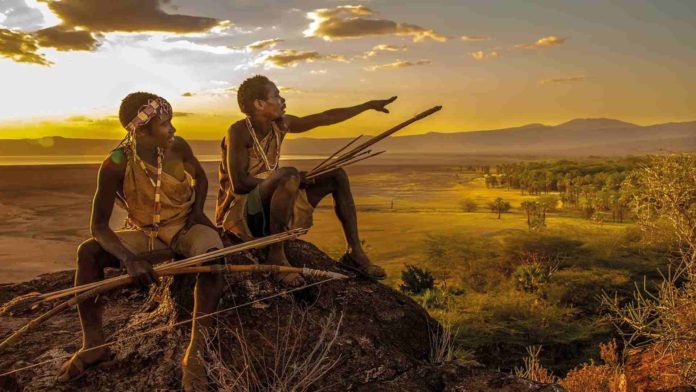Celebrations on May 25th, crowned as Africa Day, recite the annual commemorations of Africa’s independence, freedom and liberation strife from colonial imperialists. The reinforcement of this liberation was the first union of African countries on African soil; the foundation of the regional integration body; the Organisation of the African Unity (OAU) on May 25, 1963, which 38 years later, evolved into the African Union (AU). Today, the continental organisation celebrates 54 years of determined efforts for unity among the African people, and socioeconomic freedom from foreign dominion and exploitation. These are the top 10 things to know about Africa Day.
- A year after its independence, Ghana convened the first Conference of Independent African States on April 15, 1958. The conference was a collective platform of the explicit assertion of Africa’s rejection of colonial and imperialist domination of the continent, becoming the first Pan-African liberation conference to be held on the continent. Further, at the meeting, the first African Freedom Day was celebrated, which was later recognised as Africa Day.
- Five years later on May 25, 1963, following the sentiments of the conference held in Ghana, the Organisation of African Unity (OAU) was formed in Addis Ababa, Ethiopia, hosted by Emperor of Ethiopia, Haile Selassie.
- April 15th was therein enacted as African Freedom Day or Africa Liberation Day, and countries all over the continent celebrate and mark the commemoration each year, with South Africa celebrating its Freedom Day on April 27th of each year. At the formation of the OAU (Organisation of African Unity) on May 25, 1963, this marked the beginning of what would later be known as Africa Day.
- South Africa only became part of the Organisation of the African Union (OAU) in 1994 following the end of Apartheid rule, where 21 more member states had joined the OAU since its foundation in 1963.
- At the African Union’s 50th Anniversary celebrated in 2013, AU Commission Chairperson, Nkosazana Dlamini-Zuma, the first woman chair of the AU Commission (the AU’s administrative arm), spearheaded the launch of Agenda 2063, a long-term vision of where Africa should be in 50 years, great developments were seen.
- Upon welcoming the sitting of Nkosazana Dlamini-Zuma as the first woman chair of the UA Commission, many argued that the continent was not ready for a woman to take that position. However, Dlamini-Zuma has managed leaps in her tenure and has cracked the assumption that women are incapable of being involved in the continental organisation.
- January of 2017 marked the launch of Africa’s continent-wide public health agency, the Africa Centers for Disease Control and Prevention (Africa CDC), which was established to help African member states of the African Union to respond to public health emergencies.
- Africa Day continues to be celebrated both in Africa and around the world, mostly on May 25th since the sitting of the first conference in 1963.
- The theme for 2019 Africa Day commemoration is “Healthy Lifestyle Prolongs Life”.
- Member states across the continent emphasised the founding objectives to the formation of the African Union, and remembering the efforts of the member states in their lived fight for freedom and unity.
CENTER FOR AFRICAN STUDIES
Center for Africa Studies (AFRAM) which located in Ankara, is an organization facilitating under the administration of African Affairs Council (AFAC). It makes various researches about Africa to enhance economic and cultural bounds between Africa and Turkey. AFRAM’s publishings has been shared with different institutions as they require to obtain.
AFRICA OBSERVATORY
Africa Observatory is one the publishing of AFRAM and it has been published each two weeks. It has been delivered to different institutions via e-mail.






